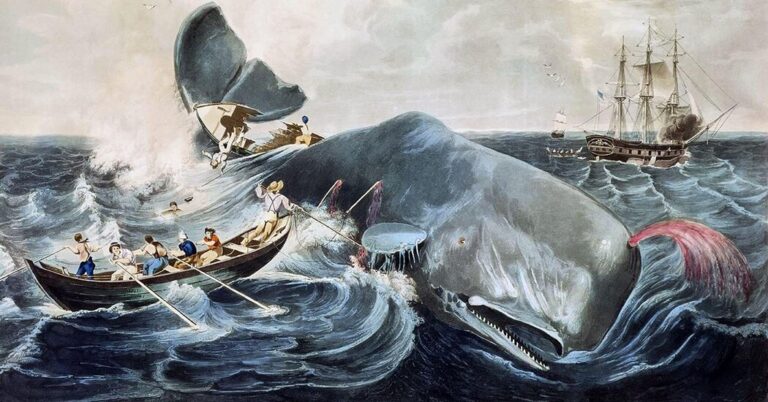Bertrand Blier, an acclaimed director whose films scandalized, captivated and entertained 1970s and ’80s France with their sometimes brutal projections of French men’s sexual imaginations, died on Monday at his home in Paris. He was 85.
His death was confirmed by his son Léonard Blier.
For two decades Mr. Blier was one of France’s most decorated directors, winning the grand prize at Cannes, an Academy Award for best foreign film for “Get Out Your Handkerchiefs,” released in 1978, and numerous Césars, France’s equivalent of the Oscar.
In a statement after his death, President Emmanuel Macron saluted Mr. Blier (pronounced blee-AY) as a “giant of French cinema, who marked our national imagination for five decades with his free, biting touch.”
Mr. Blier launched the careers of men and women who would dominate the French screen for decades, including Gérard Depardieu, with whom he made nine films. One of Mr. Blier’s last public acts was to join others in France’s film community to come to Mr. Depardieu’s defense in 2023 in the face of sexual harassment and assault accusations against the actor.
Mr. Blier’s legacy is contested for the same reasons as Mr. Depardieu’s. His better-known films, and especially his breakthrough in 1974, “Les Valseuses” (“Going Places”), starring Mr. Depardieu, are permeated with misogyny and depictions of women as sex objects.
“Going Places” is a road-and-buddy-movie rampage of rape, sexual assault and casual theft perpetrated by two hoodlums against a grim backdrop of empty working-class suburbs and abandoned beach towns. But it’s also cloaked in incongruous lightheartedness, enhanced by a jaunty score by the jazz violinist and composer Stephane Grappelli.
The film was seen by some critics as a well-aimed kick at the stultifying materialism of postwar bourgeois France. In 1978, Pauline Kael, writing in The New Yorker, called it “an explosively funny erotic farce — both a celebration and a satire of men’s daydreams.” She called it “flagrantly funny.”
Not everybody was amused. There were demonstrations in front of some movie theaters where it was showing, and the newspaper Le Figaro demanded that it be banned. One particularly nasty scene shows the two buddies sexually assaulting a nursing mother, played by Brigitte Fossey, in an empty train car.
Invited onto a French television program last March, Ms. Fossey refused to watch the scene again. The female lead, the French actress Miou-Miou, called the filming “humiliating.”
The movie has been debated down to the present. French television has gone back and forth over whether “Les Valseuses” can still be shown, as it was for years; one scheduled showing last year was canceled, another was slotted for broadcast this year but only at a late hour.
Revisiting the film in 1990 on the occasion of its revival in theaters, the critic Caryn James wrote in The New York Times that the film “has an ugly undertone.”
By the early 1990s, Mr. Blier had largely stopped making films that were successful; the times appeared to have passed him by. In a retrospective on the France Culture radio station this week, the Cahiers du Cinema critic Yal Sadat noted what he called the “paradox” of Mr. Blier’s career.
“Bertrand Blier was born on March 14, 1939, in the Paris suburb of Boulogne-Billancourt, the son of Bernard Blier, a well-known character actor in French cinema, and Gisèle (Brunet) Blier, who had been a pianist.
Source link




